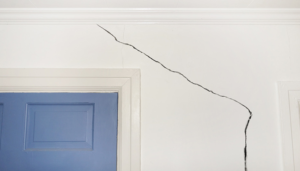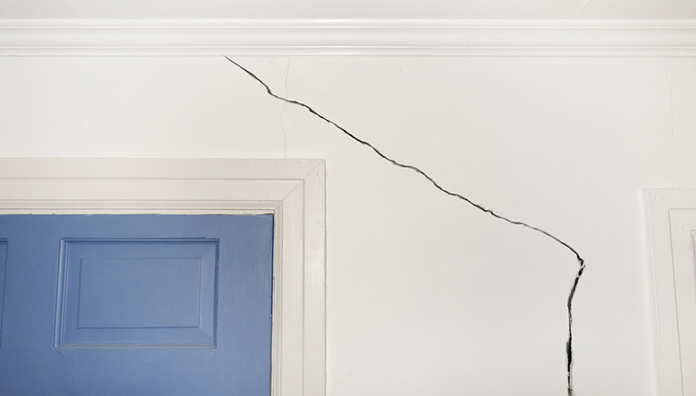Construction defect laws FAQ
We often find that people are a little confused when it comes to construction defect laws. The common feeling amongst our clients is that everything reads like small print; in other words, confusion abound. The following FAQ seeks to add a little clarity to some of your most common questions. 
What constitutes a construction defect?
A defect in construction may be traced back to defective materials, a faulty design and workmanship. Making the distinction between all of these causes is critical, as you will then be able to determine which person or organization is responsible for the deficiency. A housing and construction defects attorney works with you and assists you in resolving the problem.
A construction defect will include a failure of the home or building being constructed in a practical and reasonable workmanlike manner, and one that does not allow the home or building to perform in the manner that the buyer reasonably intended it to.
Some typical examples of defective construction are as follows: unevenness in floor slabs which are caused by the movement of soils, significant cracks in the foundation, leaky windows and/or roofs, improper drainage leading to moisture problems, faulty framing, corroded or damaged plumbing, slanting or bowing of floors and walls, over-stressed structures, difficulty opening doors or windows due to binding, amongst others. Any condition that makes your property unsuitable for its intended use can be considered a construction defect.
How can I know if I have a legal claim?
Sometimes the answer to this question is obvious, such as the property having large cracks in its foundation, walls or floor slab. However, that is not always the case, as defective conditions may appear three to five years after construction on the home has been completed. Most likely the problem will arise as a small issue, such as a hairline crack, which has the potential to become a much bigger problem. In any case, we recommend that you talk to your contractor or developer for an explanation to the issue, as well as any potential fixes. Make sure that they fully identify the problem and offer a long-term solution, not a temporary fix to the problem. It is strongly recommended that you consult a qualified construction expert to do a property inspection as soon as you spot any potential problems.
Who is responsible for the construction defects?
The party responsible for the defective conditions is the builder or developer. It does not matter is the work was subcontracted or the defective materials used were built by someone else. These people are responsible for their work, however, it’s easier to go directly to the builder or developer, as they are responsible for the work of others.
What rights do I have regarding faulty construction?
Most states laws will favor the owner of the property. In the case of condominiums, the developer or builder is ultimately responsible for any construction defects that exist within your home or other homes. You may also pursue claims for breach of warranty and negligence.
What constitutes recoverable damages?
Some of the recoverable damages can include a reasonable repair cost for fixing any damages caused by the repair efforts, rectifying and repairing any damages that result from the homes failure to meet construction standards, replacing and removing any improper builder repairs, storage expenses, lost business income and all other fees or costs recoverable by the contract.
Is it possible to sell or re-finance my home during the construction defect litigation process?
Some lending institutions have policies in place and will not finance any properties currently involved in a defect litigation process. However, plenty of other lenders provide financing during this time. You can find companies that are able to provide private loans to any parties currently involved in litigation.
How do I file a claim?
If you are an individual pursuing claims on your own behalf, you first need to contact the developer or builder and let them know your concerns. They should then inspect the property and submit a written report. A qualified construction expert will need to evaluate your home and review the builder’s explanation. If there is a discrepancy, or if the builder or developer is not agreeable to permanently repair the issue, you can contact an experienced construction defect lawyer to assist you in the necessary steps you need to file the claim and resolve the issue with litigation.
Should I hire a qualified construction defects lawyer like Bryan A Woods Attorney at Law

